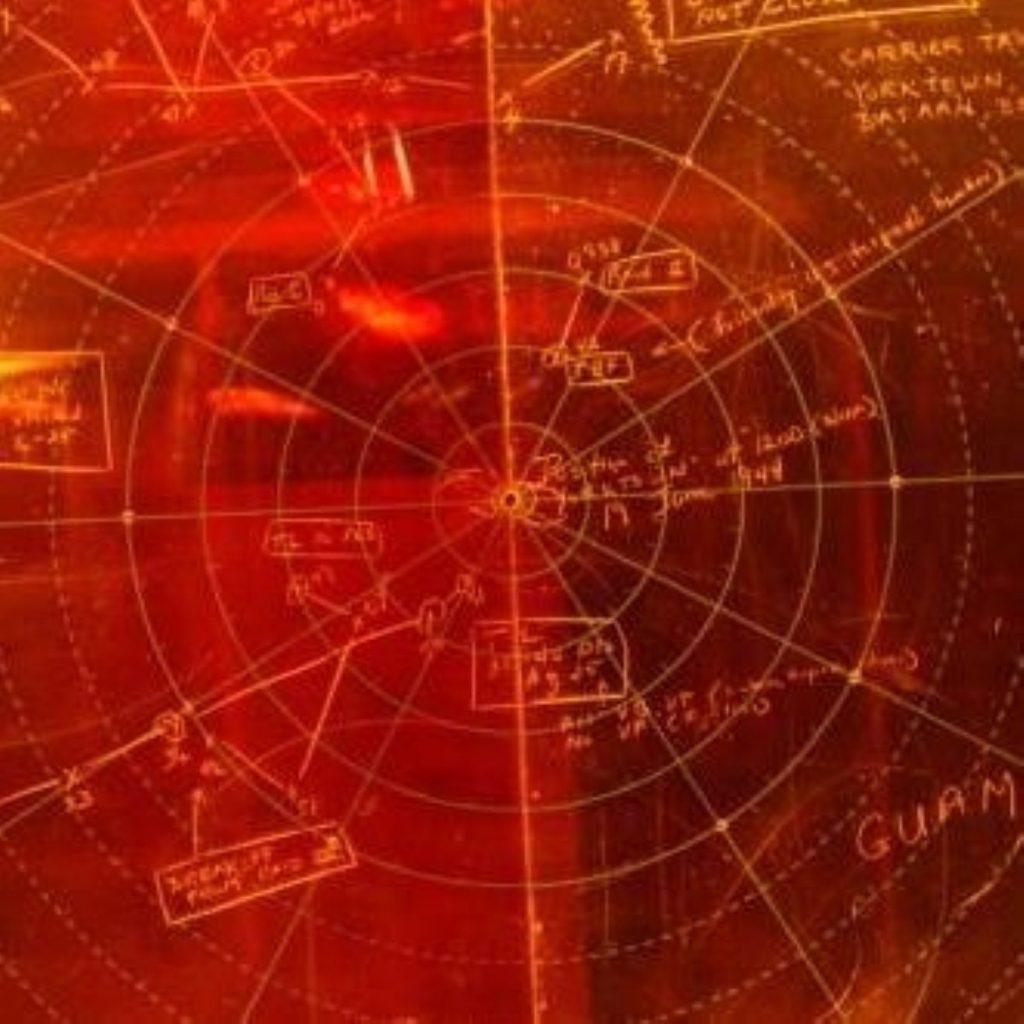Arab League split raises fears about unity of anti-Gaddafi coalition
By Ian Dunt
Criticism of the military strikes on Libya from the Arab League has raised fears about the unity of the coalition taking on Colonel Gaddafi.
The League has called for an emergency meeting to discuss UN resolution 1973 and the action against Libya’s government, according to Reuters.
“What is happening in Libya differs from the aim of imposing a no-fly zone, and what we want is the protection of civilians and not the bombardment of more civilians,” secretary-general Amr Moussa told Egypt’s official state news agency.


A Foreign Office spokesman responded: “For the no-fly zone to be enforced safely, it is necessary to carry out carefully targeted operations against Libyan air defence capabilities.
“All missions are meticulously planned to ensure every care is taken to avoid civilian casualties.”
The development is hugely problematic to David Cameron, Nicolas Sarkozy and Barack Obama, who desperately need substantive Arab backing to avoid any comparison between the current action and the Iraq war.
As things stand, only Quatar is supporting the campaign, with the United Arab Emirates playing a decidedly behind-the-scenes role.
The comments came just hours after William Hague alluded to Arab reticence in a Sky News interview.
Sounding noticeably more desperate than he had a few days earlier, the foreign secretary was reduced to saying he “hoped” Arab countries would get involved militarily.
“We have been led to expect that Arab nations will take part,” he said.
The demand from the Arab League that a no-fly zone be established was what helped trigger demands for last Thursday’s UN resolution in the first place and it is highly doubtful that western leaders would have pushed for it so publicly without their backing.
Russia has also called on the UK, France and the US to “stop non-selective use of force” in Libya, after Libyan state TV showed alleged victims of bombings in Tripoli.
“We should treat with caution some of the things we see on Libya television because I know our strategists try very hard to avoid civilian area,” chancellor George Osborne said on the Andrew Marr programme this morning.
“The targets last night were very specific targets connected to the Libyan air defence system. Our operation was specifically targeted at the air defence network to take that down.”
David Cameron set up a Cobra meeting for this afternoon for senior ministers and military commanders to assess the situation and coordinate their next steps.
London, Paris and Washington’s desperation for Arab League cooperation stems largely from fears that any Western involvement in the Middle East or North Africa will bring up memories of the Iraq invasion, both in the region and among domestic audiences.
“Everyone needs to understand this: of course when you start this there are dangers and uncertainties ahead and you should always be conscious of that when using military force,” Mr Osborne admitted.
“But we have thought long and hard about this as an international community. We have brought the broadest possible coalition. We are acting actually on the urging of the Arab League themselves.
“I hope people will see this is not David Cameron or the British acting alone. This is the whole international community doing what’s right.”
The UN resolution allows for any action to be taken to save lives short of an occupation. That still allows for ground troops to enter the country, an idea that has been strenuously played down by US president Obama and Mr Cameron.

